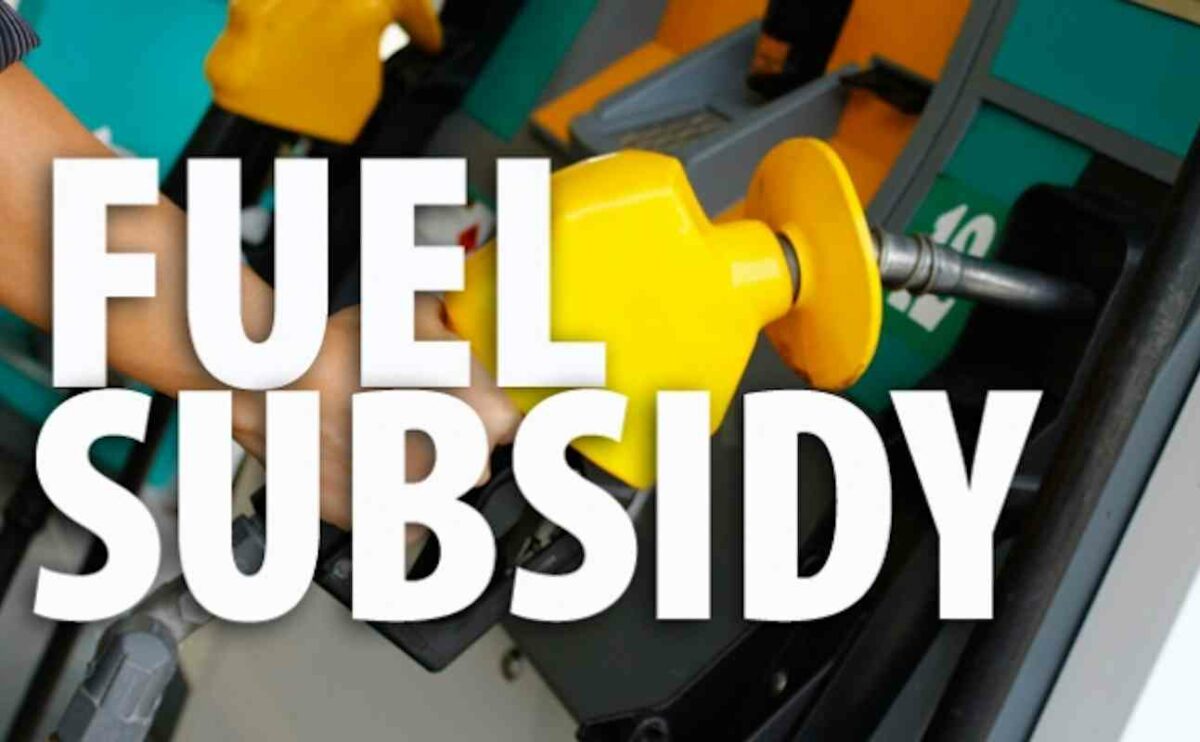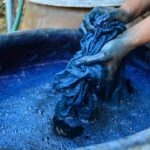The subsidy removal on petrol (Premium Motor Spirit) at the sunrise of President Tinubu’s administration has attracted a lot of comments from ideological and other sundry perspectives.
The issue of subsidy removal, or bluntly put removal of government support or intervention in all aspects of life, can be traced to the SAP era of the mid-eighties during President Babangida’s administration.
The major thrust of the Structural Adjustment Programme was as follows:
1) Privatisation of state-owned enterprises
2) Financial liberalisation
3) Removal of subsidies on agriculture, petroleum products, education and other social services
4) Trade liberalisation
- NAPTIP raises alarm over trafficking of girls from Mali to Nigeria
- Troops deployed in states as NEMA warehouse looted in Adamawa
Financial liberalisation includes the removal of the lid on interest rates chargeable by banks, abrogation of the Foreign Exchange Miscellaneous Act and total deregulation of foreign exchange administration. This started with the introduction of the Second-tier Foreign Exchange Market.
What President Tinubu said in his inaugural speech was to implement the policy template of the outgoing administration of President Muhammadu Buhari.
The economy Tinubu inherited was in bad shape to say the least. The foreign reserve had plummeted to the lowest level: Huge debt obligations, high import bill, weak exchange rate against the US dollar, low capacity utilisation of surviving industries, high unemployment and the increasing number of moribund and closed manufacturing companies.
Tragically, the non-performance of refineries that have remained closed despite the huge amount of money budgeted for their resuscitation and painfully the non-starting of production of Dangote Refinery despite its commissioning made the removal of subsidy more disastrous to Nigerians.
It is expected of the president to have set up a committee of economists, manufacturers and policymakers to study the impact of the subsidy removal on the Nigerian economy and the citizens and advise him on the best way to go about it with minimum social dislocation on the citizens for it to have a human face and human value before his pronouncement on the podium after been sworn in.
Nonetheless, one of the pain killers of the policy is to reduce the importation of manufactured products into Nigeria such luxurious SUVs and bulletproof vehicles because of their high maintenance costs, non-availability of trained and skilled operators locally in addition to fuel consumption rate
The government should design a policy that will resuscitate our moribund and closed industries, especially in the agro-allied areas such as footwear, food and beverages, textiles, garments etc and non-metallic minerals such ceramic sanitary wares, tiles and other building materials where Nigeria has comparative advantage
The savings made from the of increase in the price of petroleum back in 1990s gave birth to the establishment of the Petroleum Tax Fund which added value to President Buhari’s contest for the presidency in 2003.
In a similar vein, the current savings made from the withdrawal of petroleum subsidy can be channeled into boosting agricultural production, food sufficiency and saving foreign exchange.
The policy can be actualised by establishing an institution responsible for the resuscitation of moribund and closed industries to be named the Industrial Resuscitation Fund. This is what is done in financing education through TETFUND and the oil sector via PTDF.
The institution can be funded by some part of the savings made from the withdrawal of subsidy on the PMS. It is to be administered jointly with the Bank of Industry and managed by commercial banks
This will go a long way in refinancing and restructuring the moribund and closed manufacturing companies in the manner the CBN salvaged the banking sector during the tenure of the then governor, Muhammadu Sunusi. It helped in the establishment of AMCON which took away the toxic liabilities from banks’ balance sheets.
The resuscitated companies would be made to restructure in order to allow new investors to participate in taking equity in them through public private partnerships. The company will eventually be listed on the NGX where the public ownership would be off-loaded through IPO or private placement.
It is envisaged that the policy will facilitate the improvement of the liquidity of the banking sector which will enable it to lend at a lower interest rate of not more than 9 per cent with longer tenure.
Motor vehicle assembly plants such as Leyland, Styr, Fiat, Volkswagen, Peugeot and Mercedes located across the country should be amongst the companies to be resuscitated by inviting both foreign and interested local investors for discussion and constructive engagement to participate in their resuscitation by offering them mouth-watering concessions.
This will go a long way in creating millions of jobs, generating higher employment opportunities of factors of production in addition to creating wealth for the citizens, saving and earning foreign exchange for the country.
Undoubtedly, this is the only and surest way of pulling millions of Nigerians out of poverty and will not fuel inflation as in the case of cash transfers.
There is also the need to look into some aspects of SAP-induced policies such as the abrogation of the Foreign Exchange Miscellaneous Act and trade liberalisation. Moreover, foreign companies operating in Nigeria should be made to reinvest at least 40 per cent of their profit after tax in the country.
Such companies should be made to be listed in NGX through the sale of their shares by issuing an Initial Public Offer to enable potential investors to participate. This will check the humongous amount of dollars taken out of the economy by the likes of MTN, Airtel, Dstv and MultiChoice as an avenue of appreciating the value of the naira
The removal of subsidy should be translated into subsidising production and encouraging consumption typical of what the United States did in salvaging Chrysler and General Motors, Boeing, UPS and other critical manufacturing and service industries.
Ringim works with HALIM Consulting Ltd, ([email protected])

 Join Daily Trust WhatsApp Community For Quick Access To News and Happenings Around You.
Join Daily Trust WhatsApp Community For Quick Access To News and Happenings Around You.


